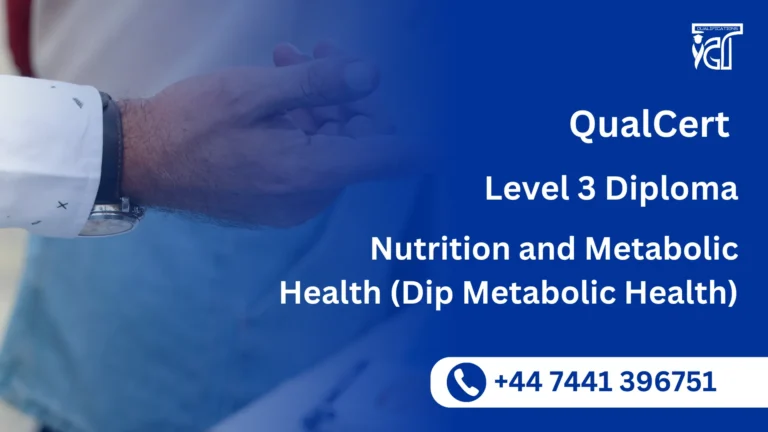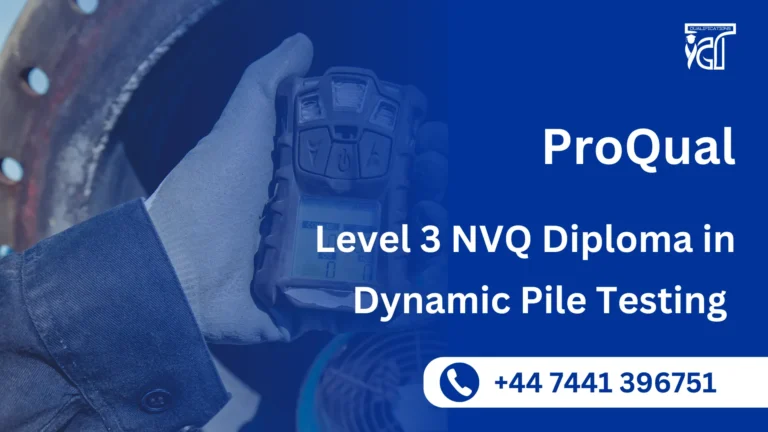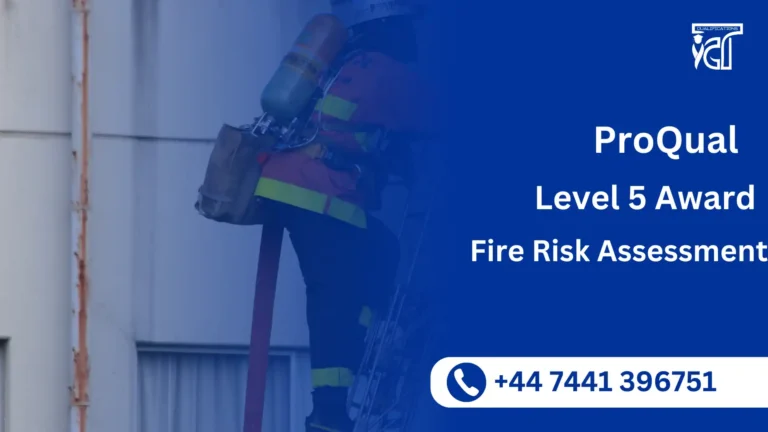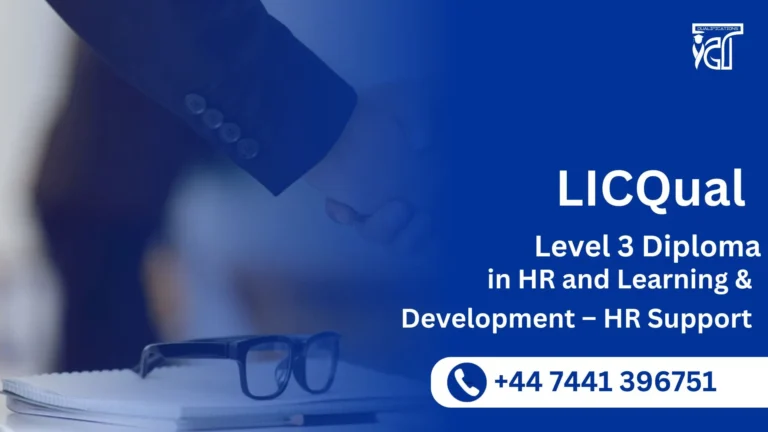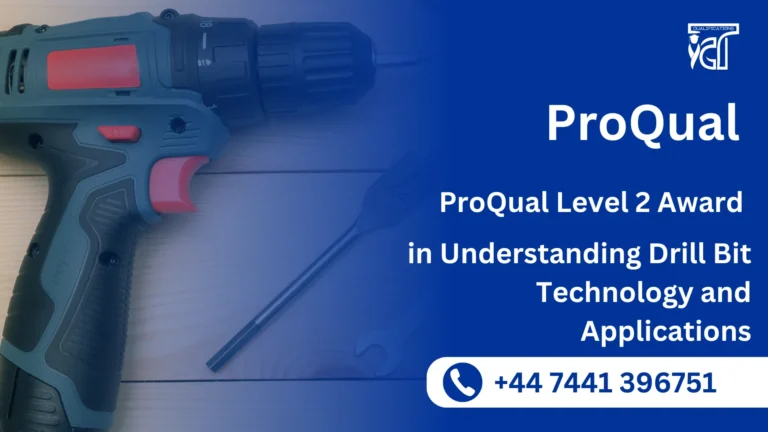ProQual Level 3 Diploma in Welding Construction Pipework
Master Precision Pipe Welding for the Construction Industry
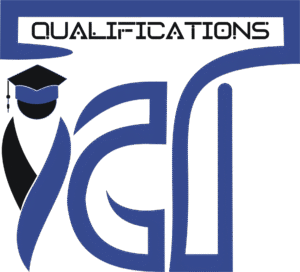
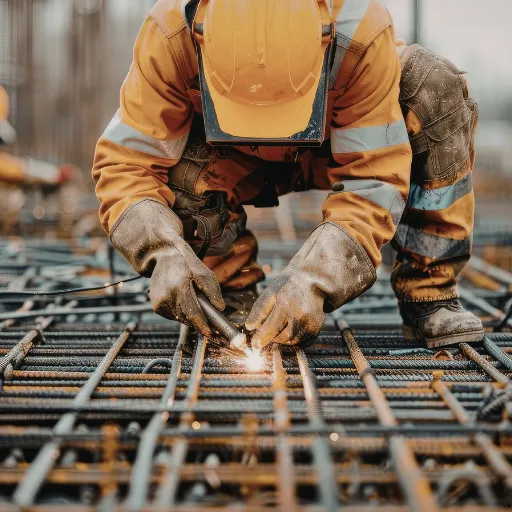
Course Level
Level 3
Course Type
Ofqual Regulated
Awarding Body
ProQual
GLH
1,373
Study Mood
Online
Assessment
Assignments Based
Course Overview
What is this course
The ProQual Level 3 Diploma in Welding Construction Pipework is a high-level vocational qualification designed for individuals aiming to reach a professional standard in pipe welding within the construction and engineering sectors. Unlike general welding courses, this diploma focuses specifically on the rigorous demands of pipework, where structural integrity and leak-proof seals are critical. It bridges the gap between basic fabrication and the advanced skills required to work on high-pressure systems, industrial pipelines, and large-scale infrastructure projects.
The curriculum provides a deep dive into multiple welding processes, typically including Manual Metal Arc (MMA) and Tungsten Inert Gas (TIG) welding. You will gain a comprehensive understanding of metallurgy, learning how different metals react to heat and how to select the correct filler materials for specific pipe alloys. A significant portion of the course is dedicated to interpreting complex engineering drawings and mastering pipe preparation, including beveling and fit-up, which are essential for ensuring welds meet international safety standards.
Practical mastery is at the heart of this diploma, with a heavy emphasis on welding in the 6G position—the most challenging and respected position in the industry. You will be trained to produce welds that can pass non-destructive testing (NDT), such as X-ray or ultrasonic inspections. By completing this program, you will not only possess the manual dexterity required for elite pipe welding but also the theoretical knowledge of health and safety, quality control, and site-based regulations, making you a highly employable asset in the global construction and energy markets.
Course Content
Detailed Curriculum Structure
To achieve the qualification candidates must complete ALL of the Mandatory units, plus TWO Optional units.
Who Should Attend
Target Audience and Participants
- Experienced Welders: Professionals currently working at Level 2 who want to upgrade their skills to handle complex pipe geometries and high-pressure systems.
- Apprentices in Construction: Learners currently in a workplace setting who need a regulated qualification to move into senior or “lead welder” roles.
- Oil & Gas Technicians: Individuals looking to work on offshore rigs or refinery pipelines where 6G-certified welding is a mandatory requirement.
- Nuclear & Power Plant Workers: Contractors aiming for high-integrity welding roles where joints must withstand extreme thermal and mechanical stress.
- Mechanical Fitters: Skilled tradespeople who want to add certified pipe welding to their repertoire to increase their day-rate and employability on-site.
- Heating and Ventilation (HVAC) Engineers: Specialists working on large-scale commercial boiler rooms and district heating systems that require coded pipe welding.
- Quality Control Aspirants: Welders looking to move into inspection roles; understanding the Level 3 manual requirements is essential for identifying weld defects.
- International Contract Workers: Welders seeking a UK-regulated (Ofqual) qualification that is recognized by global engineering firms in the Middle East, Europe, and beyond.
Career & Learning Benefits
Skills, Knowledge & Opportunities You Will Earn
- Specialization in High-Demand Skills: Gain mastery over pipe-specific challenges, such as root penetration and internal alignment, which are far more complex than standard plate welding.
- 6G Proficiency: Develop the ability to weld in the 6G (45-degree fixed) position—the “gold standard” of welding that qualifies you for almost all other welding positions.
- Higher Earning Potential: Certified pipe welders typically command significantly higher day-rates and salaries compared to general fabricators due to the technical difficulty of the work.
- Industry-Recognized “Coding” Standards: The course aligns with international standards (such as BS EN ISO 9606), making it easier to pass specific “weld tests” required by major contractors.
- Blueprint Expertise: Enhance your ability to interpret complex isometric drawings and P&IDs (Piping and Instrumentation Diagrams), allowing you to work independently on-site.
- Metallurgical Knowledge: Understand the science behind the metals, including heat-affected zones (HAZ) and how to prevent defects like hydrogen cracking in high-pressure pipes.
- Quality Control & Testing: Learn how to prepare welds for non-destructive testing (NDT), ensuring your work meets the zero-tolerance standards for leaks in oil, gas, and nuclear sectors.
- Global Portability: As an Ofqual-regulated Level 3 qualification, this diploma is recognized by international engineering firms, opening doors for lucrative overseas contracts.
Need More Information?
Frequently Asked Questions Explained
Enrollment Criteria
Minimum Eligibility Criteria for Enrollment
Lock In Your Spot
Get in Touch
+44 2035 764371
+44 7441 396751
info@ictqual.co.uk
www.inspirecollege.co.uk




